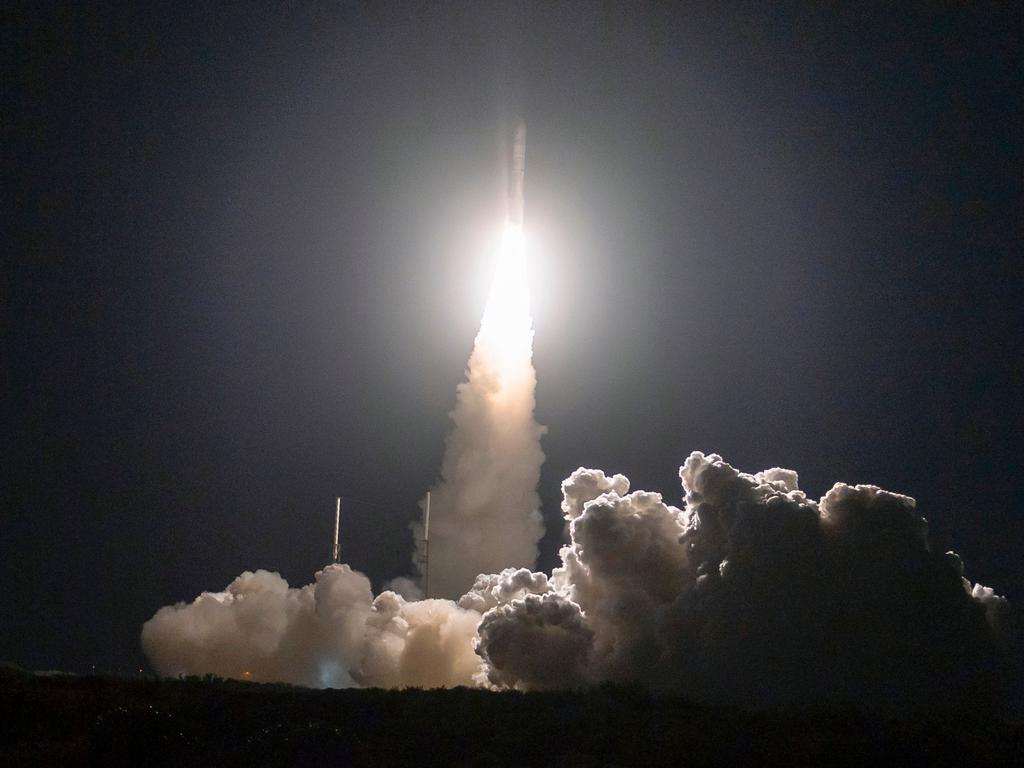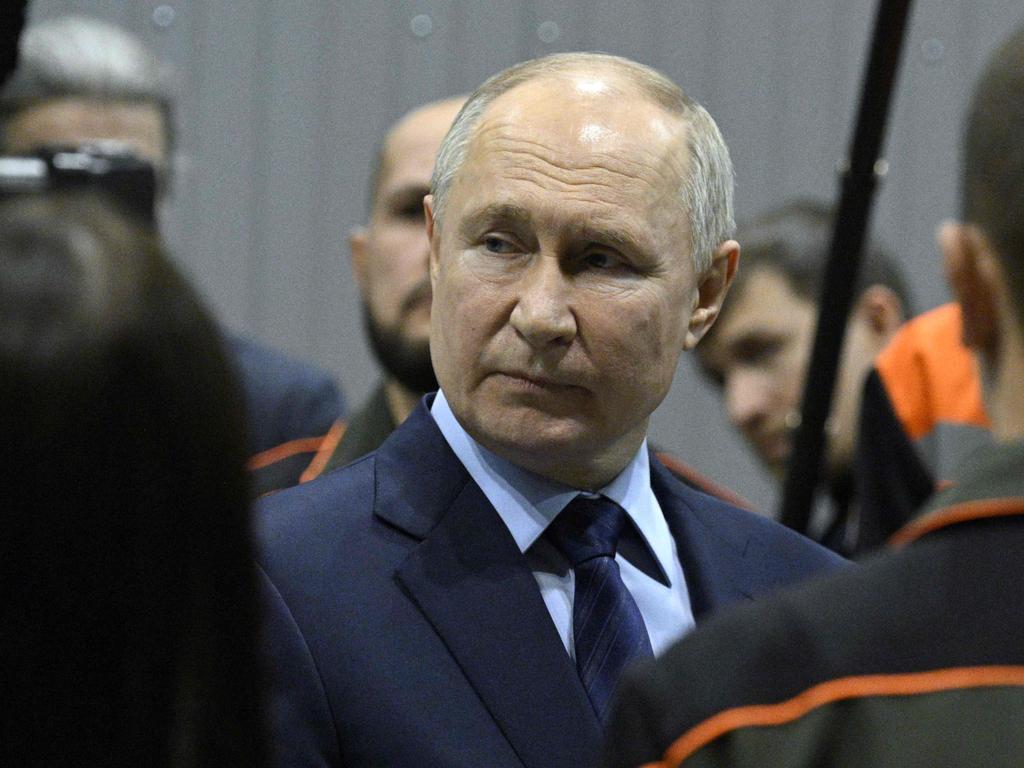The philosopher who fears war on the Moon will erupt and reshape Earth
As the latest private rocket takes off, philosopher AC Grayling warns that only a global treaty can stop an ugly conflict.

It is little more than the size of a phone box, but the Odysseus lander is carrying a nation’s hopes. On Thursday, if all goes smoothly, it will become the first American spacecraft to land on the Moon since 1972.
Last week, Bill Nelson, the chief of NASA, spoke of the mission with reference to Neil Armstrong’s famous “one small step” speech. It was, he said, “a giant leap for humanity as we prepare to return to the lunar surface for the first time in more than half a century”.
The British philosopher Professor AC Grayling is less enthusiastic. “A space Wild West is coming into existence,” he writes in his book Who Owns the Moon?, which comes out next month. “The consequences for peace and stability on Earth, already tenuous on conventional grounds … could be, and too likely will be, as petrol on to a fire.”

Grayling, 74, is concerned that a new space race is gathering pace – with conflict over resources on the Moon all but inevitable. “Somebody only has to hit gold, figuratively or literally, for there to be a real elbow-pushing race to get access to it,” he said. “There is an all-too-possible potential for conflict between private and state agencies who become very heavily invested in exploiting resources on the Moon.” Any lunar conflict, he fears, will result in new conflict back on Earth.
A willingness to fight over resources is such a common theme of humanity’s story that it is almost a “law of history”, Grayling said. “We have the ingredients of the anticipated toxic brew.”
He said the Outer Space Treaty, signed in 1967, was “quite insufficient” and should be replaced with a much stronger set of international agreements governing activities in space.
According to the treaty, the Moon and “other celestial bodies” are “the province of all mankind”. That means anyone, if they have the resources, can organise an expedition into space and take what they want when they get there. “It treats space as a terra nullius, a no man’s land, a free-for-all, a Wild West. What could possibly go wrong?”

There is plenty to take. “The Moon contains many common minerals, including basalt, iron, quartz, and silicon, and the strong possibility that there are ores (mineable deposits) of what geologists call ‘incompatible lithophilic’ elements: chlorine, lithium, beryllium, zirconium, uranium, thorium, and the rare earths,” he writes.
“Moreover, there are significant quantities of water ice at the Moon’s poles, the importance of which is that oxygen and hydrogen, the constituents of water (H2O), can easily be separated to provide rocket propellant.”
Rare-earth metals such as lithium, crucial for the manufacture of electric cars and other green technologies, are in such short supply on Earth that demand may soon mean it is worth the cost of importing them from the Moon.
The lack of regard given to the Outer Space Treaty was highlighted last week by the news that US intelligence services have concerns Russia is planning to put nuclear weapons into space, in direct contravention of the treaty.
“This is very worrying news,” said Grayling. “It is a serious escalation in the threats that the world faces.” He said space has long been a militarised zone. “There are very large numbers of military satellites out there, which are used for surveillance and ground control of military forces.”
He worries that if Russia does put nuclear weapons in space, the US and other countries will follow suit, risking a return to the days of Ronald Reagan’s “Star Wars” initiative – a proposed missile defence system that could shoot down ballistic threats from space.
Japan, India and China have each sent unmanned craft to the Moon in the past five years. Russia’s lunar ambitions suffered a setback last year when its Luna 25 craft failed to make the journey.

Each country professes to be making the journey for the sake of “science”. But the Russian space chief Yury Borisov, speaking soon after his craft was lost, let slip a more fundamental set of motivations.
“This is not just about the prestige of the country and the achievement of some geopolitical goals,” he said. “This is about ensuring defensive capabilities and achieving technological sovereignty. The race for the development of the natural resources of the Moon has begun.”
The US is not stopping at robotic missions. In 2026, it aims to send humans back to the Moon. Plans are also in place to build a “lunar gateway” – a space station from which astronauts can be shuttled to the lunar surface.
Eventually NASA wants to create permanent bases where scientists and geologists can work, and staging posts from which missions can be launched to Mars and beyond. According to Grayling, this all masks the pursuit of resources.

This competition for resources is complicated by the involvement of private companies. While the Odysseus mission is overseen by NASA, the lander was made and is operated by the Texas company Intuitive Machines – and the Falcon 9 rocket that launched it from Florida last week was built by Elon Musk’s company Space X.
So who does own the Moon? “The answer is unequivocally ‘No one’,” Grayling writes.
“What is needed for this answer not to be a source of the problems just identified – that is, not to be the trigger for an anarchic competitive scramble for advantage and profit – is a recognition that although no one owns the Moon, nevertheless because it is part of the ‘common inheritance of mankind’, we are all responsible for it.”
– Who Owns the Moon? In Defence of Humanity’s Common Interests in Space, by AC Grayling, is published on March 7 (Oneworld)
The Sunday Times




To join the conversation, please log in. Don't have an account? Register
Join the conversation, you are commenting as Logout